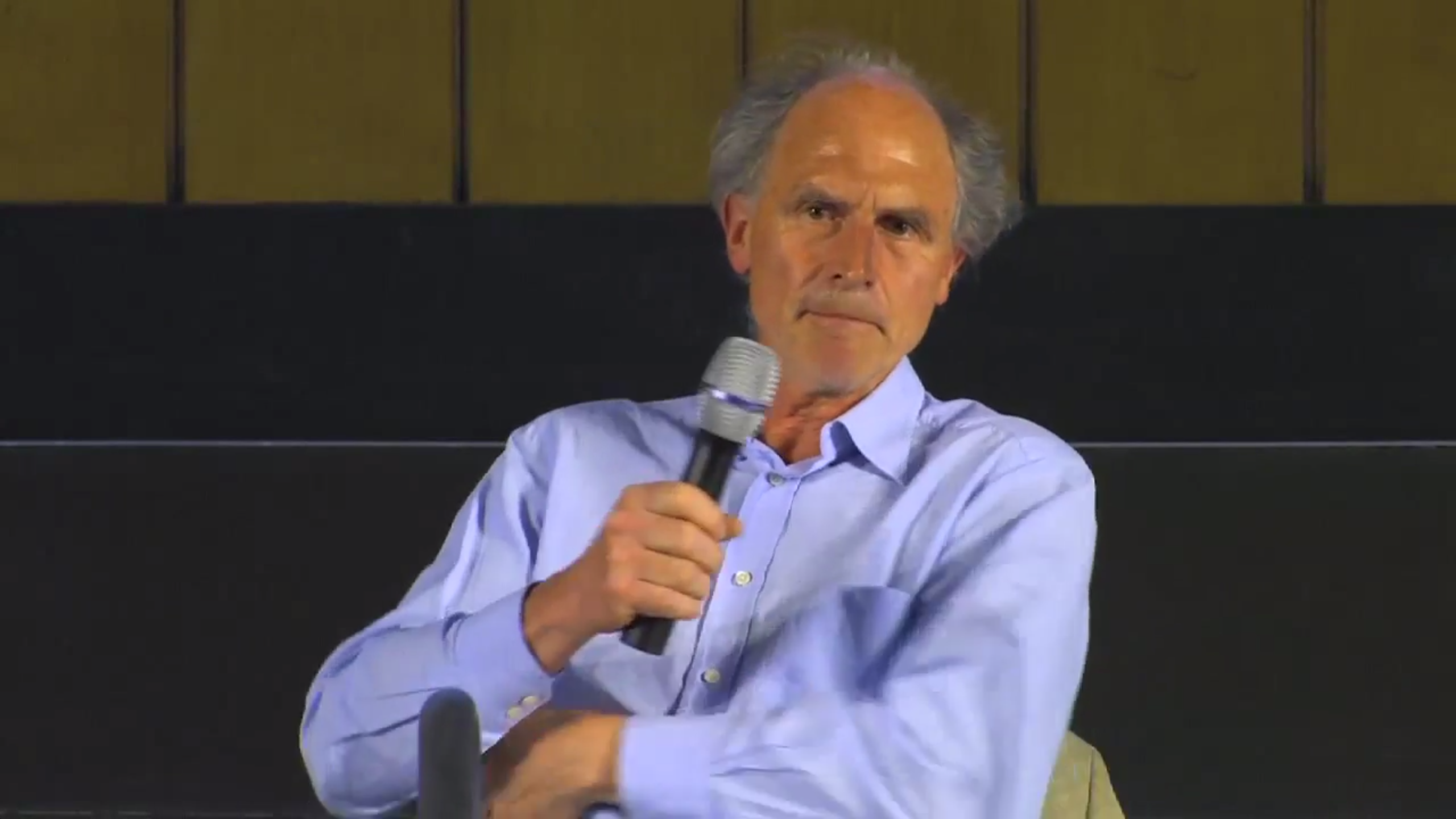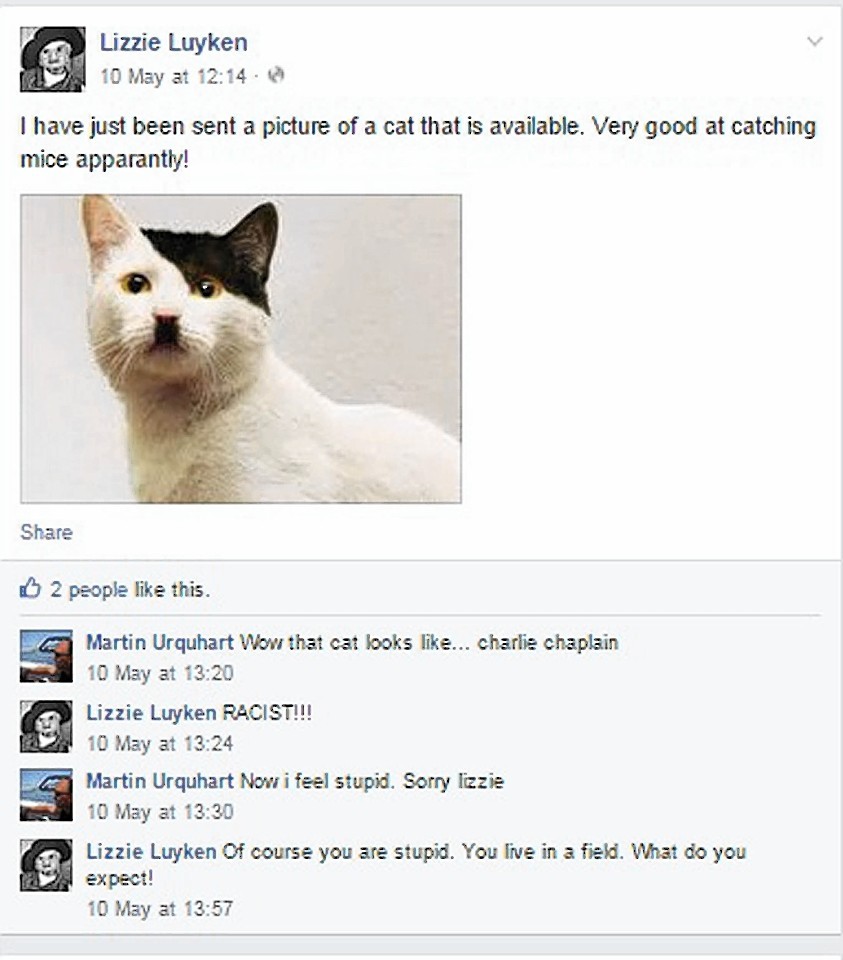A top German journalist has sparked a row by appearing to compare the SNP with Hitler.
Reiner Luyken, who is based in the Highland village of Achiltibuie and writes for the respected Die Zeit newspaper, told readers that SNP ideology was “modern national socialism light”.
Hitler lead the Nationalsozialistische Deutsche Arbeiterpartei, the first word of which was abbreviated to Nazi.
Mr Luyken, 64, informed two million Germans that the Scottish Nationalists were “glorifying the moral superiority of one’s own nation”.
He also claimed that the SNP regarded Unionists as “Quislings” – a reference to the Norwegian Nazi who ran his country during German occupation.
Mr Luyken’s remarks, which he translated into English and posted on his Facebook page, have been branded by politicians and locals as “ludicrous” and “delusional”.
Anonymous critics hit back with a Facebook page on which they posted a picture of a “Kittler” – a cat that looks like Hitler.
Mr Luyken called his article “Scottish liberalism is dead”, and it was published in Germany the day after the General Election.
He wrote of Scottish voters: “A majority of them flung themselves into the arms of a party the ideology of which is modern national socialism light.
“Populist, egalitarian, anti-elitist and glorifying the moral superiority of one’s own nation.”
“Using their propaganda the party split the country into patriots and unreliable non-believers.
“On one side the Yessers, faithful Scots who voted Yes in September, and on the other side unionists and quislings.”
Mr Luyken himself explained the term “quisling” for his readers, writing: “Quisling was a derogative term for collaborators in Norway during the Nazi occupation in WW2.”
Two days after Mr Luyken’s article was published, his critics set out to get revenge by setting up a Facebook page and posting a photograph of a black-and-white cat with an apparent “Hitler” side-parting and toothbrush moustache.
Local SNP MSP Rob Gibson, said: “The idea that Scotland is compared to the Nazis is just ludicrous.
“If you just keep going back to him he will just keep on going. He will get the oxygen of publicity.”
A spokeswoman for the SNP added: “These claims are obviously ridiculous and offensive to the 1.45 million people who voted SNP less than a fortnight ago.”
Mr Luyken said: “If I tell my 93-year-old father some of the stuff the SNP come out with, he finds aspect of it very familiar. He remembers the time very well.
“It’s the moral superiority, and the whole ideology of it. To have left-leaning ideology within a national context.”
But he denied implying the SNP were like the Nazis.
“I never said Nazi, because Nazi is connected with something that turned into a completely different kind of historic phenomenon
“I say national socialism, and in the lower case, national socialism light, a modern form of national socialism light.”
Turning to his critics he added: “They can say whatever they like. It just shows how little they know about the foundations of national socialism.
“People know very little about German history. They think the national socialism was about concentration camps and killing the Jews but they don’t know the ideological background to it.
“I wouldn’t have written what I have written if my knowledge wasn’t grounded in knowledge of German history and what happened at the time
It is the second time Mr Luyken has mentioned the war. In October last year he caused a storm after claiming that locals once put on Hitler moustaches and marched past him at a pub in Achiltibuie.

